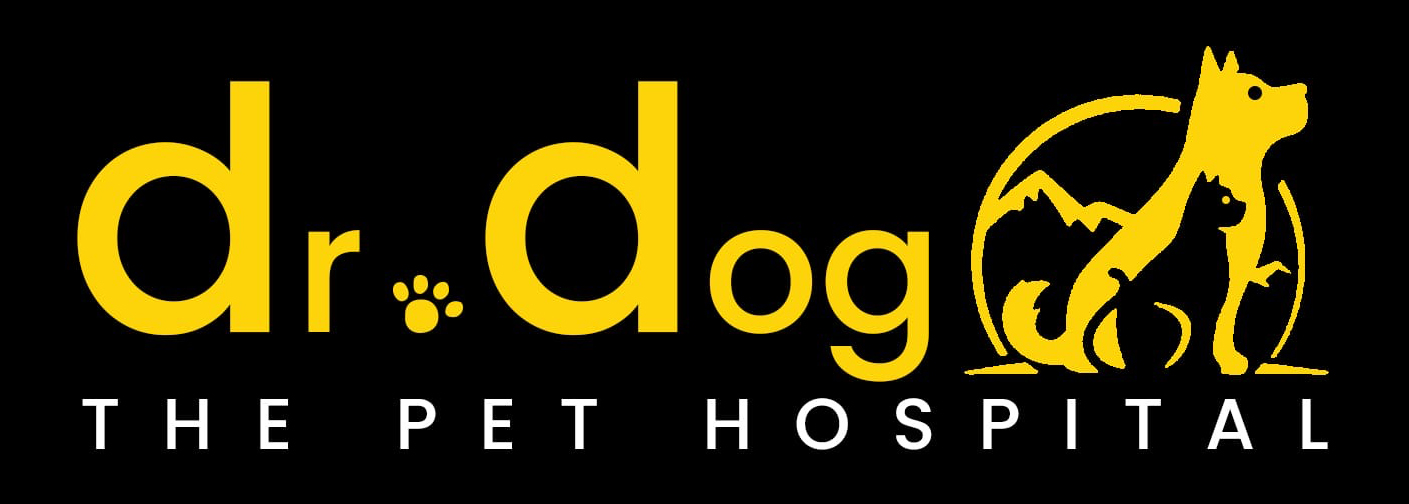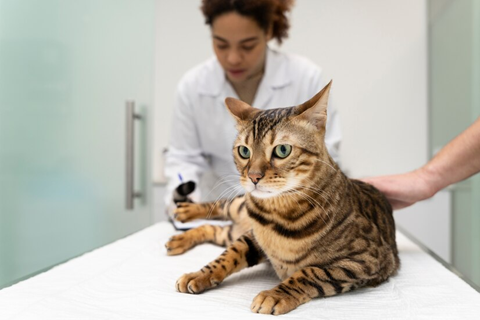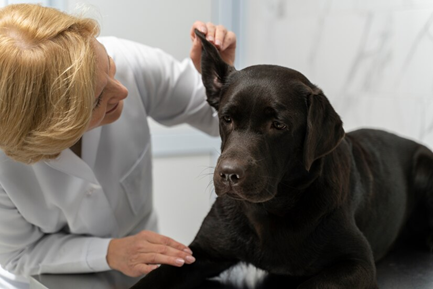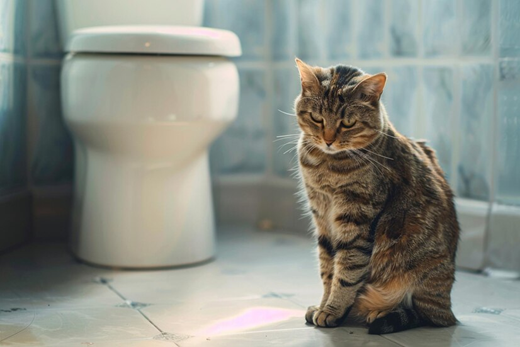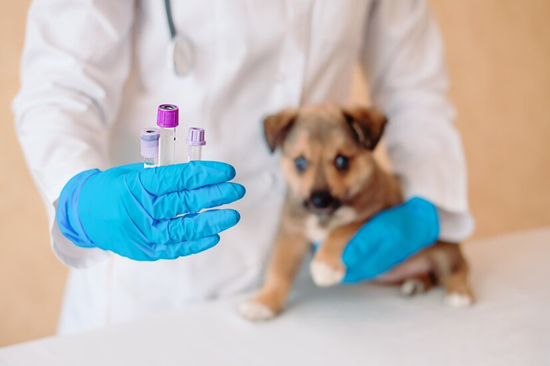What is Cat Urinary Blockage?
Cat urinary blockage, also known as urinary tract obstruction, occurs when the urethra—the tube that carries urine from the bladder—is obstructed. This blockage can be caused by urinary crystals, stones, or mucus-like substances, making it difficult or impossible for your cat to urinate. It is a serious medical emergency that requires immediate veterinary attention.
What Signs Should I Look For?
Cats with urinary blockages display several alarming symptoms. Key signs include:
- Straining to urinate with little or no urine output
- Frequent trips to the litter box without urination
- Vocalization or painful meowing
- Excessive licking of the genital area
- Visible distress or agitation
- Loss of appetite and lethargy
If you notice any of these signs, contact us immediately, as this condition can worsen quickly.
What Treatment Options Are Available?
A physical examination is done to identify a firm, painful bladder. Blood and urine tests will help determine underlying causes, while X-rays or ultrasounds may reveal urinary stones or other complications.
Immediate veterinary care is essential for treating a urinary blockage. At DR Dog Pet Hospital, our skilled team will conduct a rapid assessment and may perform the following interventions:
- Catheterization to relieve the blockage
- Bladder flushing to remove debris
- Pain relief and antibiotics to manage discomfort
- Monitoring for underlying health issues that may have contributed to the blockage
In cases of recurrent blockages, surgical options may be necessary to widen the urethra or remove stones, alongside long-term management strategies.
How Can I Prevent Cat Urinary Blockage?
Preventing urinary blockages starts with proper care:
Hydration: Ensure your cat stays well-hydrated. Always provide fresh water and consider using a water fountain. Incorporate wet food into their diet to increase fluid intake.
Diet and Nutrition: Consult us about feeding your cat a diet formulated to support urinary health and prevent the formation of crystals and stones.
Regular Check-Ups: Schedule routine veterinary visits to catch potential issues before they escalate. Annual check-ups help address any urinary concerns promptly.
Understanding the signs of cat urinary blockage and acting quickly can save your pet’s life. If your cat shows any urinary distress, don’t delay in seeking veterinary care. With prompt treatment and preventive measures, the prognosis for cats affected by urinary blockage is better than ever.
